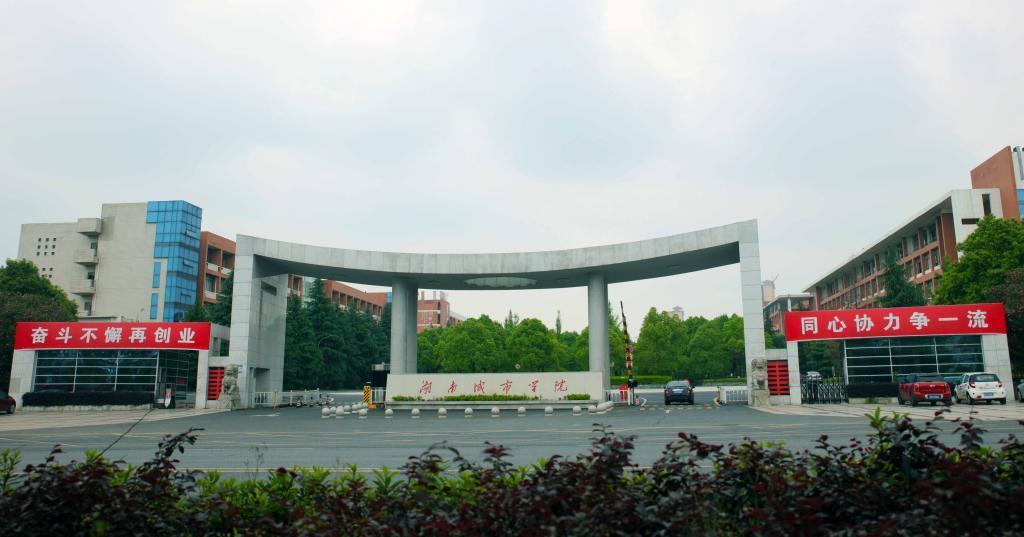Wang Dong, a freshman at Hunan City University in southern China, was expelled by the school because he posted liberal and anti-communist statements online. He had been at the university only 13 days.
Wang Dong was born on Aug. 13, 2000 in Qidong County of Hunan Province. He entered the Civil Engineering College at the Hunan City University on Sept. 9, 2018.





